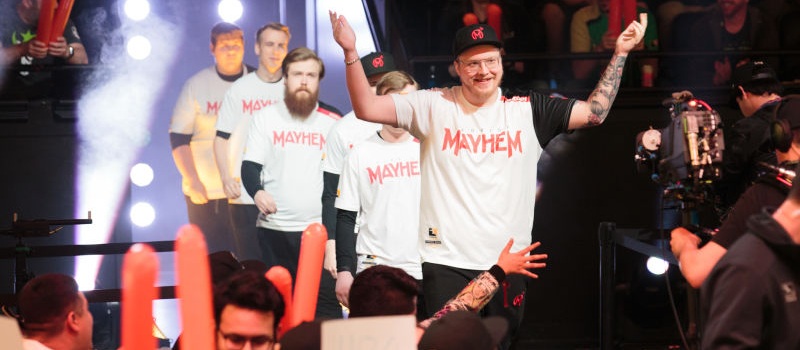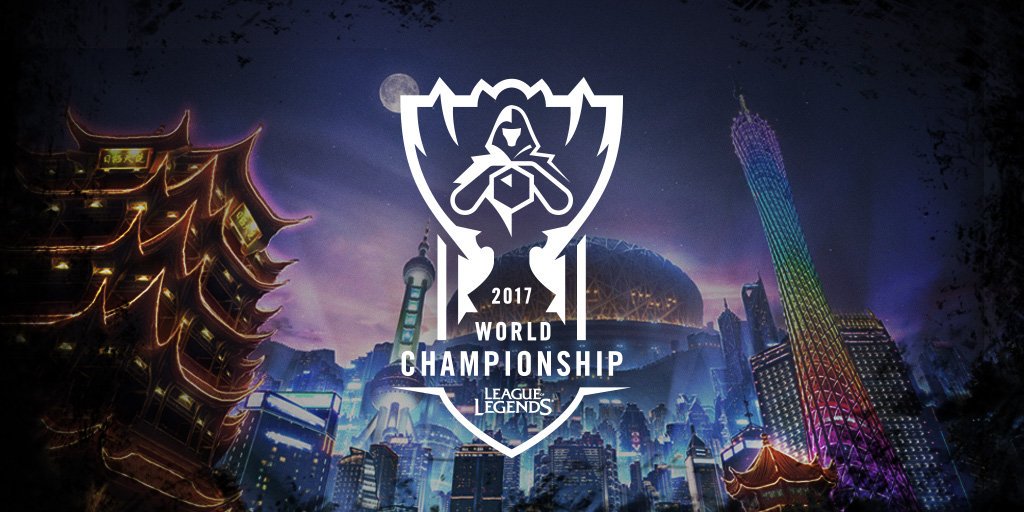
Overwatch League will be a nightmare for its participates if this leaked rules were real
Richard Lewis, a media announcer in e-sports, published a hard copy of what he says is the law book of the Overwatch League tournament about two months after Commissioner Nate Nanzer said he would officially do so, but no comments from him yet.
Compete has asked Blizzard about the authenticity of these leaked documents and whether the rules have changed. This post will be updated if they respond.
There are two different documents in the leak: the “Player Streaming Policy,” and the league’s official rulebook, which is labeled “Version 1.0.” The official rulebook resembles Blizzard’s other league rulebooks, which were already available to the public, such as the Heroes of the Storm global championship series rulebook and the rulebook for Overwatch Contenders (the game’s minor league). The streaming policy, however, is structured like a question-and-answer guide, each section precipitated by a question, such as: “What are the most important considerations to keep in mind while streaming?”
The opening pages of the streaming policy lay out restrictions on what pro players can do on their personal channels on Twitch, YouTube, and so on. The league has a rule against more than two OWL players joining up to play together, because at that point, “they will be deemed to be playing as a ‘team’”. The pros can’t stream any game “during the period of one hour before and one hour after any League event,” which puts a damper on the ol’ streaming schedule, given that OWL seasons run games four nights a week. The streaming of all Blizzard games must be in “standard game modes,” so no weird modifications allowed, and no “cheats” or “any other software that impacts the performance of the game.”
Pro players also are not allowed to stream “any other organized competitive play, such as any tournament or custom game.” That rule applies to any game, Blizzard-made or not. Speaking of which, if they’re not playing a Blizzard game, the pros had better not say they recommend it, even in passing: “Players may not directly or indirectly endorse the playing or purchasing of any non-Activision Blizzard game in any manner, including by making any calls to purchase or making any statements which constitute endorsement.” So if you’re not playing Overwatch, be careful about saying you enjoyed it.
The league has the right to ask players to take down any content they wish, and if the pros refuse to comply, they’ll be subject to “discipline from the League.” By the way, the League has “the right to use and exploit” any of the pro players’ streams of Blizzard games for “any purpose,” such as advertising. The league can also modify this streaming policy at any time.
The Overwatch League rulebook also includes a code of conduct for player behavior, kicking off with a section about how the league can decide any and all punishments, which can range from “reprimands, fines, suspensions, debarment and/or disqualifications” with the exact punishment getting “determined by the League.” This section does not specify which infractions would lead to which punishments.
Much of the language in the code of conduct bears similarity to the rules in the Overwatch Contenders rulebook. For example, this rule about profane gestures is almost word-for-word: “Team Members and Owners may not use obscene or offensive gestures or profanity in their tags, player handles, game chat, live play communications, lobby chat, shoulder content, interviews, or other public-facing communications of any kind.”
However, while the Overwatch Contenders rulebook has a general provision against “drugs,” the OWL rulebook gets more specific by banning illegal drugs, as well as “alcohol or marijuana.” The rulebook does permit prescription drugs, so long as they’re actually prescribed to the player in question. Unless that prescription is for marijuana.
The code of conduct includes a predictable section outlawing “harassment and discrimination… based on race, color, religion, gender, national origin, age, disability, sexual orientation, gender identity, or any other class or characteristic.” Later on, there’s a section outlawing “any false, defamatory, libelous, or slanderous remarks, comments or statements” against the league or any other players, staffers, and sponsors. The league has also banned gambling on Overwatch matches, and there’s even a rule against “fantasy esports leagues or games” involving Overwatch if they involve winning any sort of prize.
The rulebook saves the best for last: the section about how the league owns the rights to turn the players’ entire lives into a reality show if they so choose. “If the league office elects to create reality programming,” this paperwork grants “the right and license of the League Office or its designee to film, televise, webcast, photograph, identify and otherwise record each Team Member and his or her daily life activities and interactions with others using persistent, 24/7 cameras that may be placed in the Team House, training facility, competition venue and other locations frequented by Team Members (provided that no such filming or recording will occur in any Team Members bathrooms)”.
Pro players have also granted the league permission to license their likenesses and gaming handles, and even their “public persona, game play data and statistics, biographical information, backstory, and any streams” of Blizzard games. That licensing deal includes “derivative works,” so if the league decides to make a hit cartoon based on Geguri’s real-life story, she wouldn’t see a cent. It’s a “perpetual, royalty-free, fully paid-up, worldwide right and license (with the right to grant sublicenses).”
There’s no going back on that one, either. By agreeing to these rules, the OWL pros have waived any “rights of prior review and/or approval of any of the Licensed Materials, Advertising, and Commercial Materials or Reality Content.” So if the pros watch the early cuts of this hypothetical reality show and they hate it? Too damn bad.

